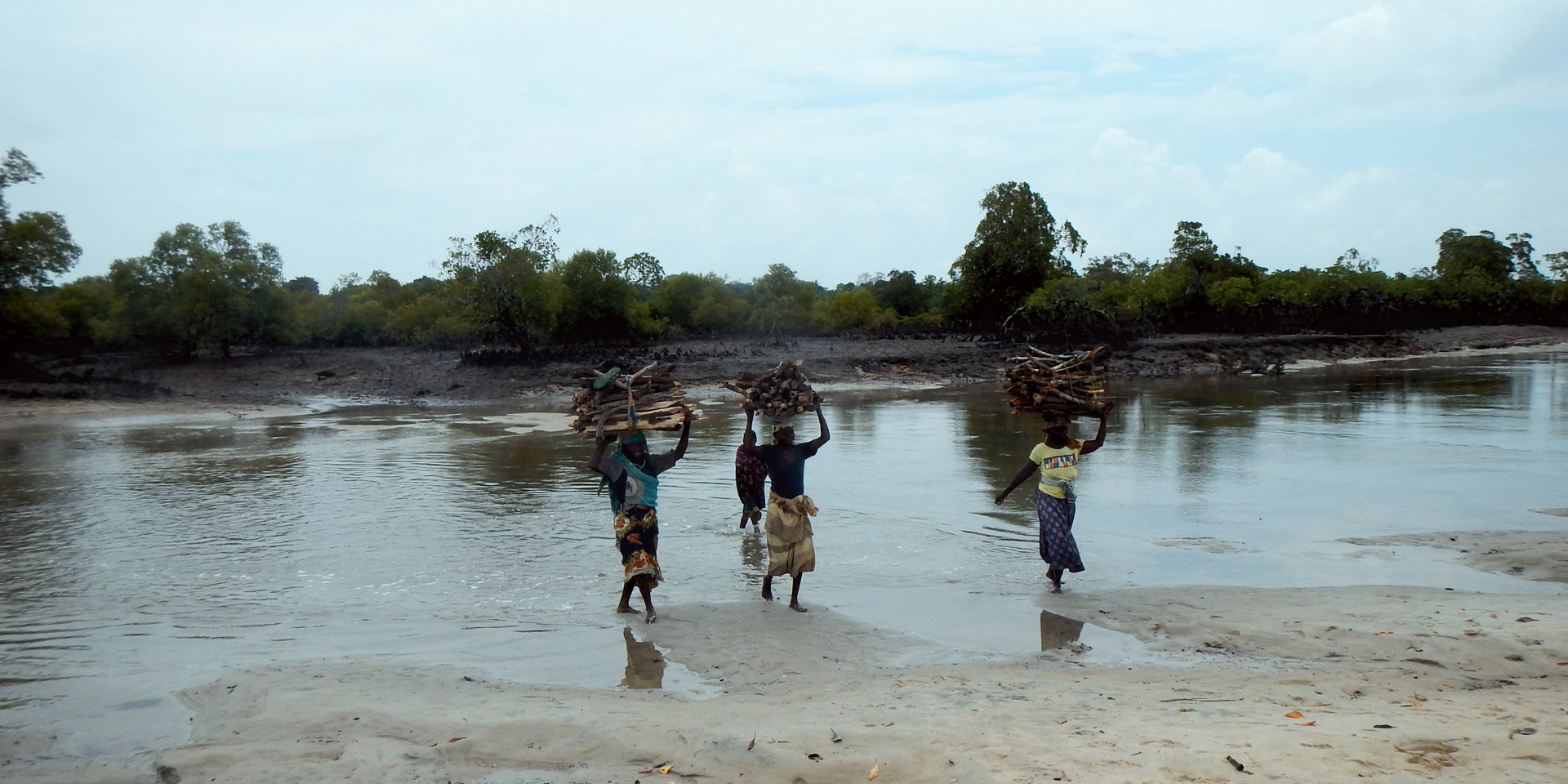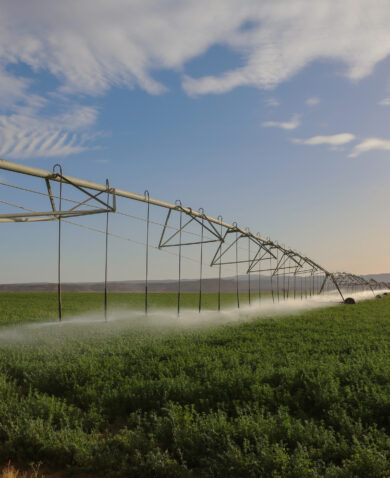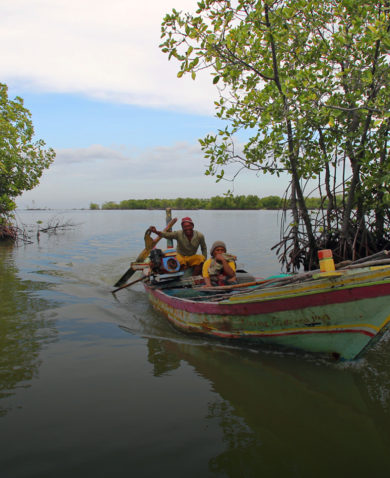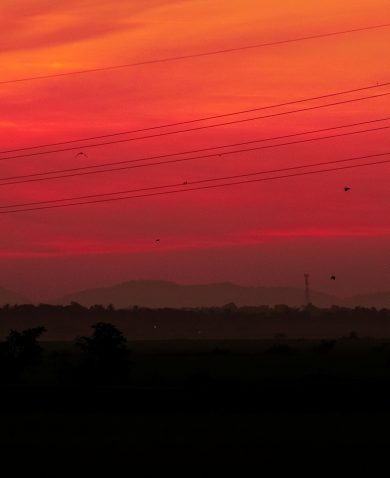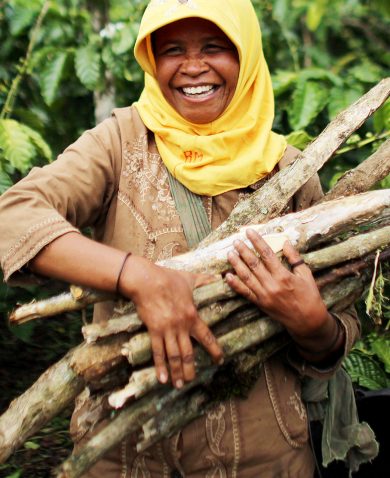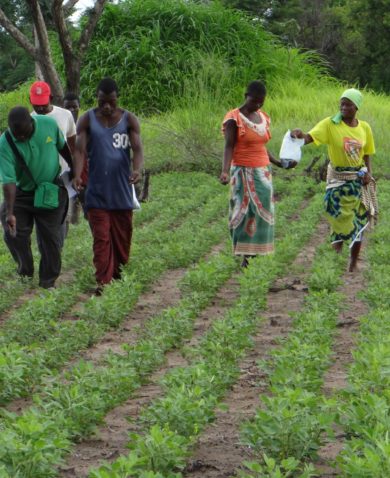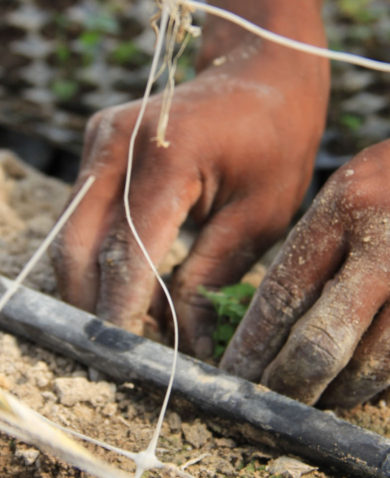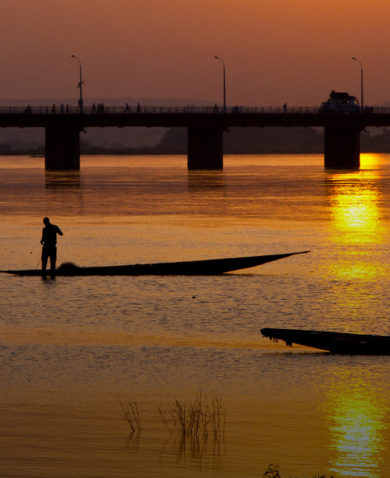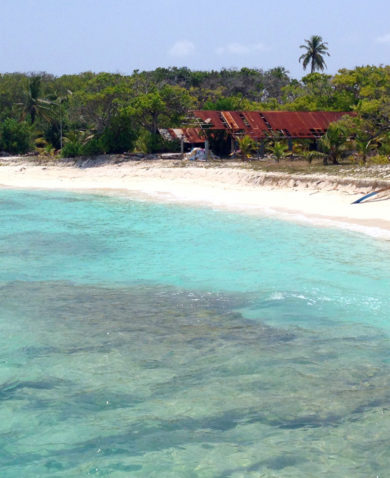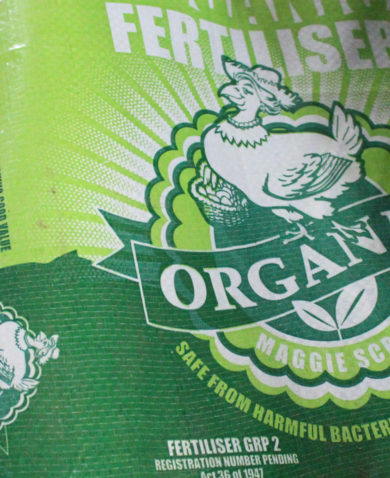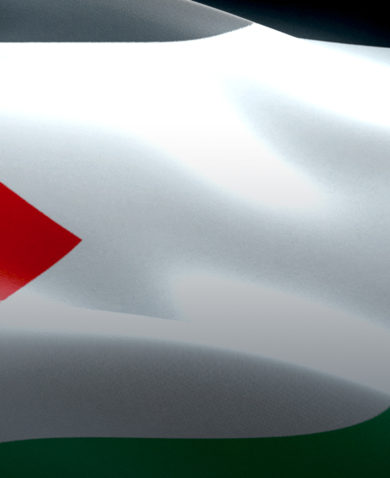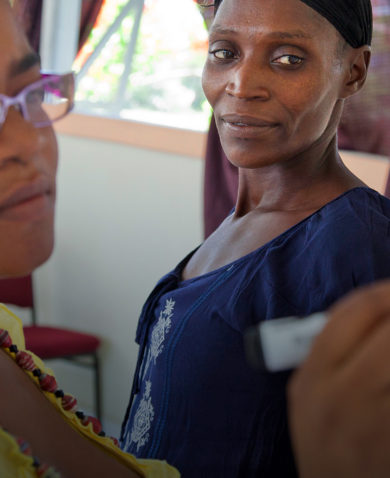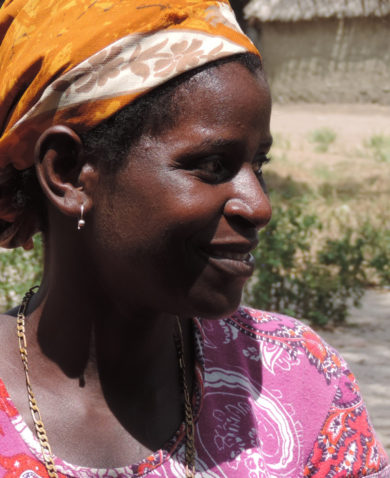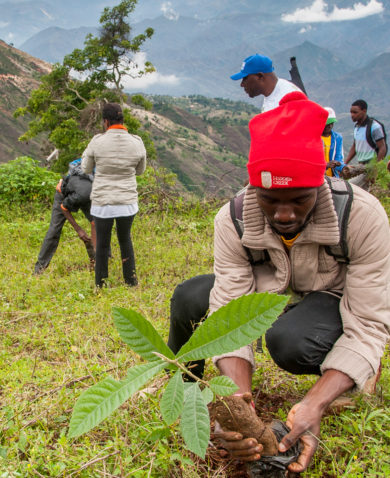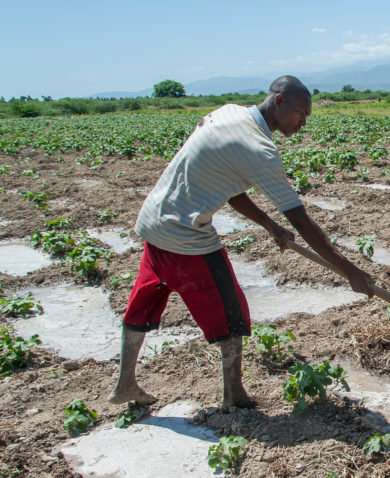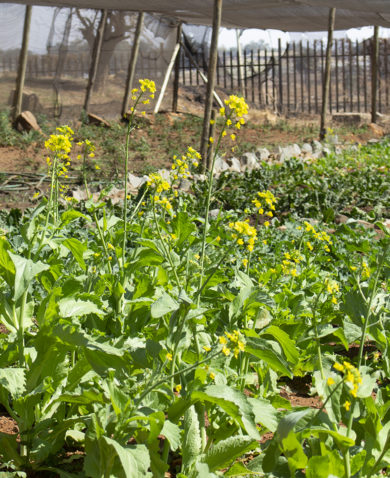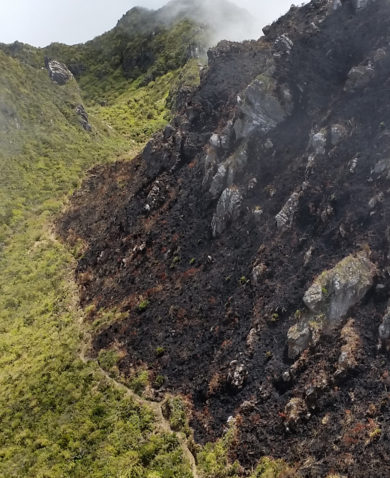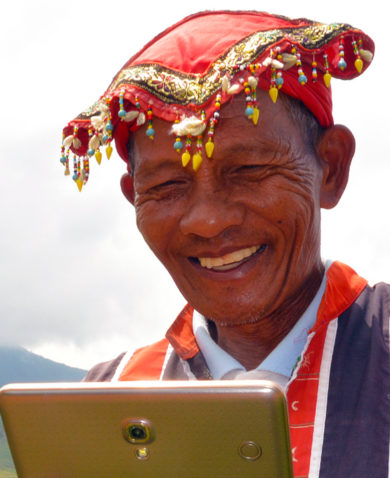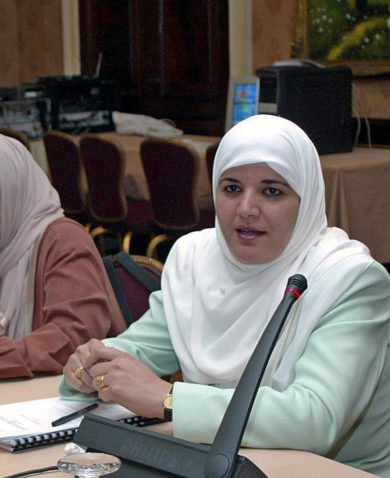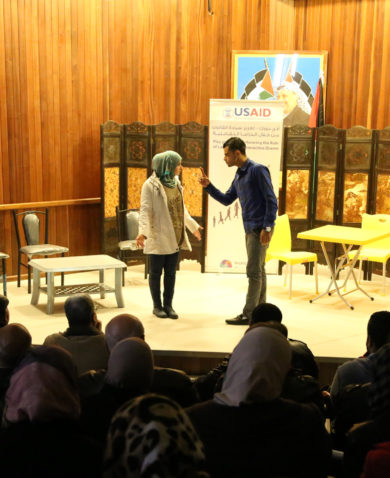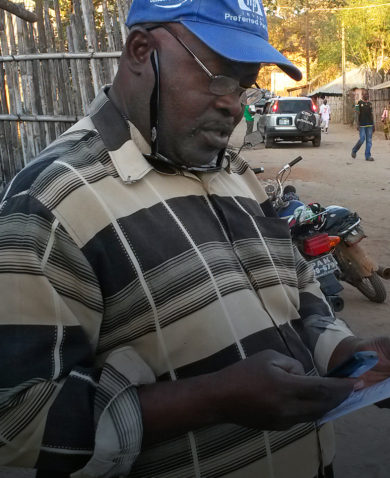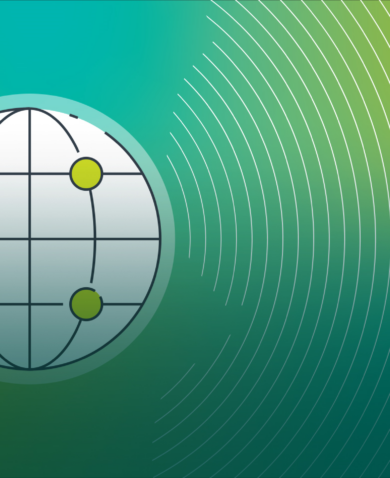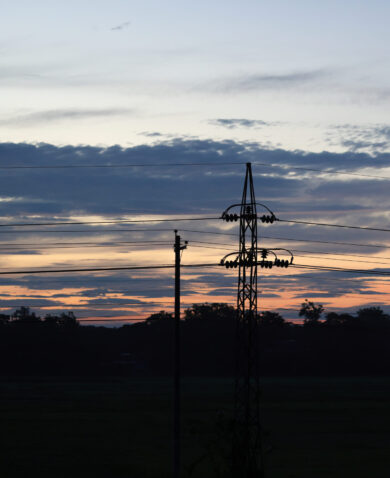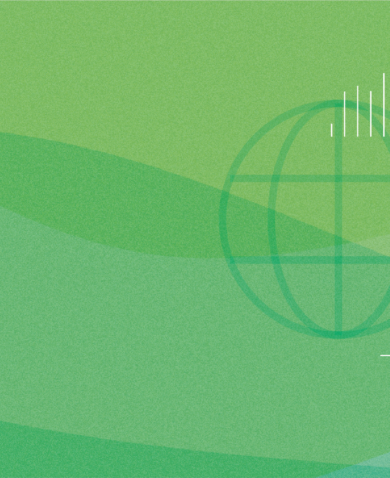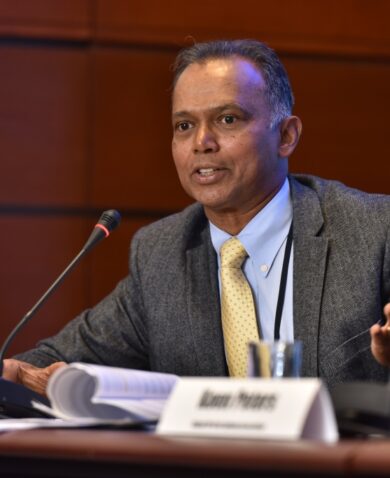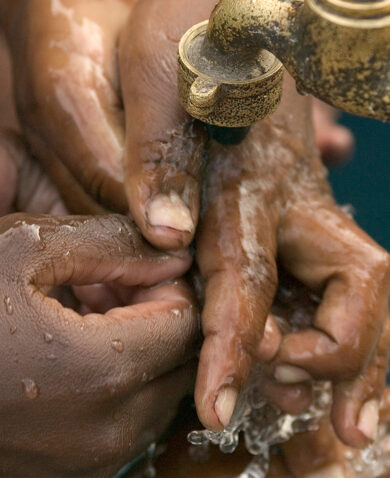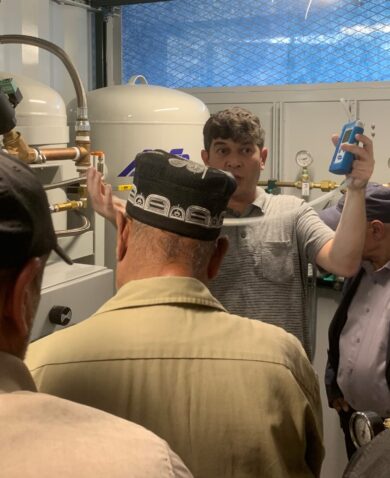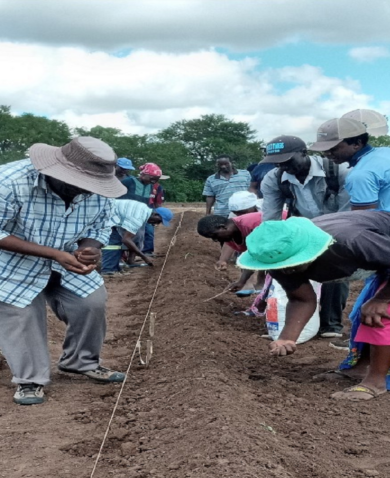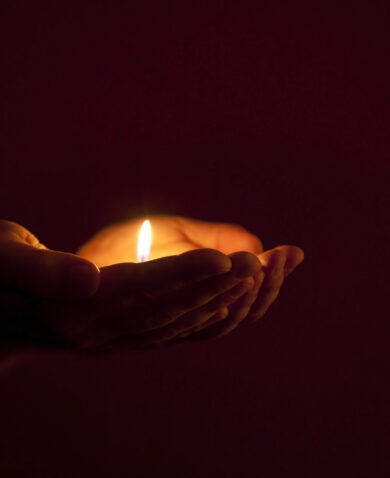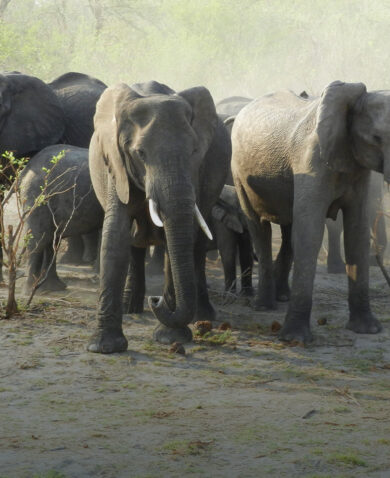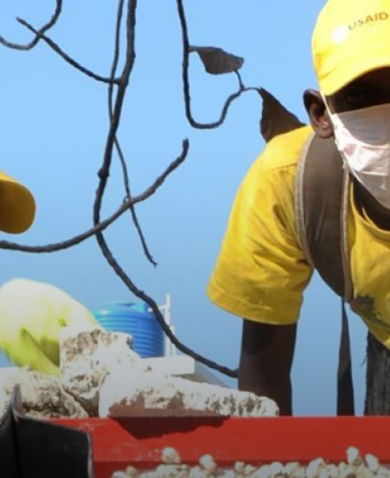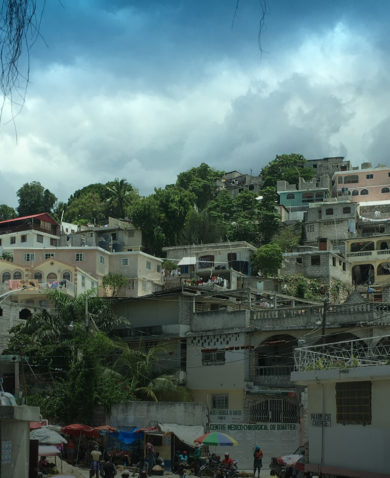The 3-2-1 Service is operated by Human Network International (HNI) in partnership with the mobile phone provider Vodacom and the National Disasters Management Institute (INGC), Mozambique’s disaster relief agency. HNI creates the messages and uploads them to the service: regular updates are posted twice a week, while severe event information is posted as needed. As of November 2016, approximately 10 percent of Mozambicans have access to this service, which requires Vodacom mobile phone service.
Although the use of mobile phones to disseminate weather information isn’t unique to Mozambique — the idea first came about in Madagascar — the extent to which it is integrated into the country’s existing disaster management system certainly is. By incorporating the 3-2-1 Service into its existing system, the INGC can be much more coordinated in its approach. The call-in service is just one of the many technological solutions that CCAP is helping the country weave into how it helps citizens prepare for and recover from natural disasters.
The 3-2-1 Service also circumvents issues of illiteracy. Many Mozambicans do not have access to the Internet, and a high level of illiteracy means that it is difficult to access announcements about imminent natural disasters online or via television or radio. The 3-2-1 Service’s use of interactive voice response technology enables the INGC to better communicate with citizens in these remote areas where the Internet is scarce and literacy is low. The service is easy to use, free, available on demand, and only requires a mobile phone, which is increasingly becoming a near-universal technology.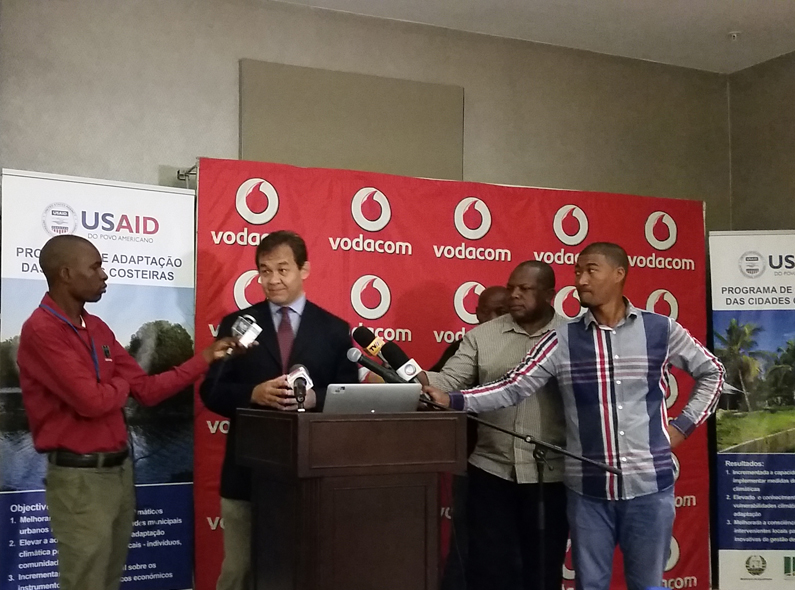
In the fall of 2016, the 3-2-1 Service was tested in Mozambique. Vodacom made the service available across the country and sent SMS messages to all customers explaining the service. The response was remarkable. In fewer than 48 hours after the initial promotion of the service, 3-2-1 received more than 200,000 calls.
On November 7, 2016, the 3-2-1 Service was officially launched by HNI in partnership with USAID, Vodacom, and the INGC. At the launch event, Alexander Dickie, the USAID mission director for Mozambique, delivered the opening remarks. Other speakers included the deputy director of the INGC and Vodacom’s CEO. Approximately 50 people attended the event, including the U.S. ambassador to Mozambique, Mozambique’s deputy minister of state administration, USAID officials, journalists, and a representative from the United Nations Development Programme.
The 3-2-1 Service has officially been operational since November 2016. As more people call in for information about approaching storms, it should grow in popularity and the INGC will better learn how to provide critical resources to citizens. This early warning system could save the government significant amounts of money on repairs — not to mention lives and livelihoods.

